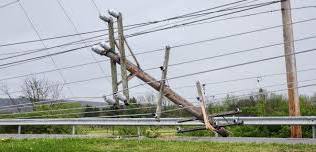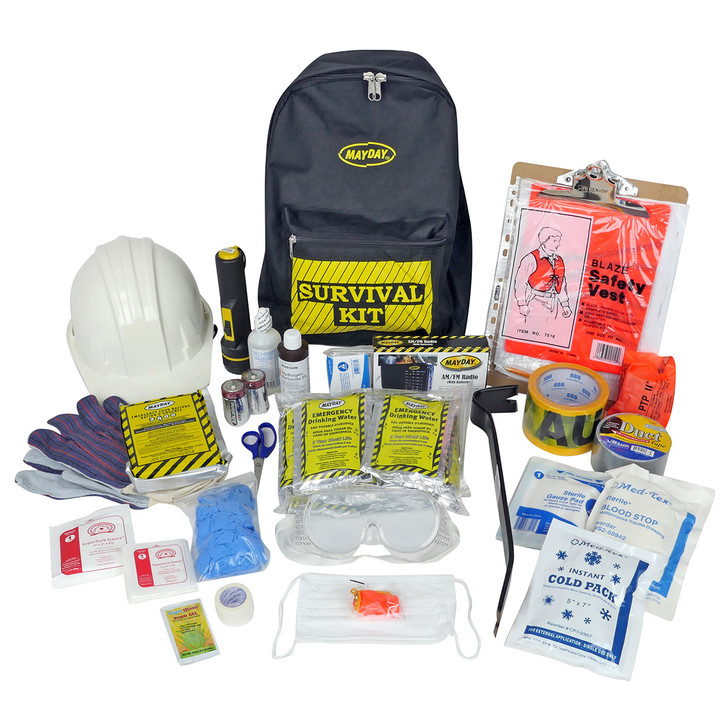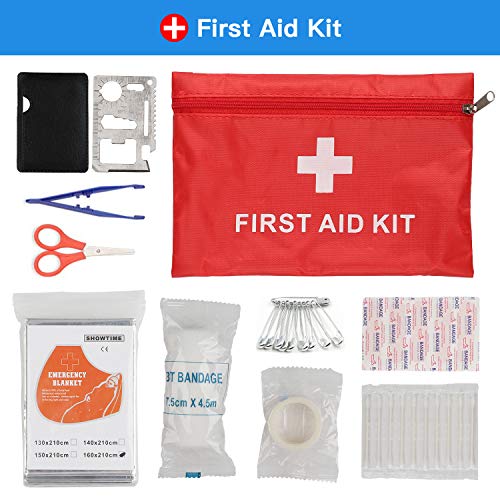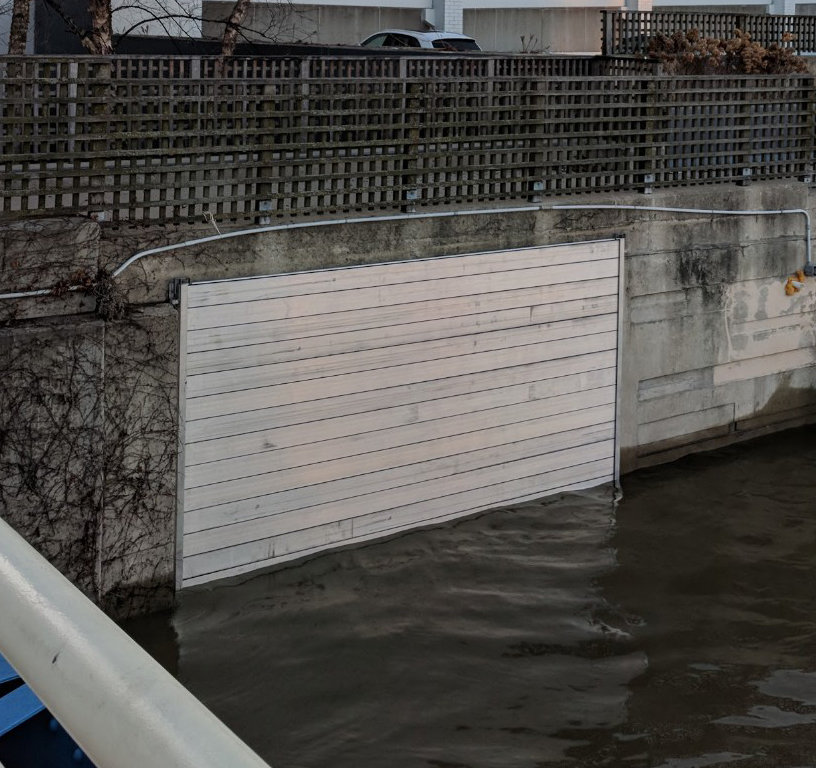The Impact of Floods: Understanding the Risks and Preparedness
Floods are natural disasters that can have devastating effects on communities, infrastructure, and the environment. Understanding the risks associated with floods and being prepared can help mitigate their impact and save lives.
Causes of Floods
Floods can be caused by various factors, including heavy rainfall, snowmelt, storm surges, and dam failures. Climate change has also contributed to the increase in frequency and intensity of floods in many regions.
Impact on Communities
When floods occur, they can lead to displacement of populations, destruction of homes and businesses, contamination of water sources, and disruption of essential services such as electricity and transportation. The economic impact of floods can be significant, affecting local economies for years to come.
Preparedness and Response
Being prepared for floods is crucial for minimizing their impact. This includes having an emergency plan in place, knowing evacuation routes, securing important documents and valuables, and having emergency supplies such as food, water, and first aid kits readily available.
Community Resilience
Building resilient communities is essential for effectively responding to floods. This involves investing in flood infrastructure such as levees and flood barriers, implementing land-use planning measures to reduce flood risk, and educating the public on flood safety practices.
Conclusion
Floods are a serious threat that requires proactive measures to mitigate their impact. By understanding the causes of floods, preparing for emergencies, and building resilient communities, we can work towards reducing the risks associated with this natural disaster.
Essential Flood Preparedness: 6 Tips to Keep Your Family Safe
- Stay informed about weather forecasts and flood warnings.
- Create an emergency plan for your family, including evacuation routes.
- Keep important documents in a waterproof container or safe.
- Avoid walking or driving through floodwaters.
- Turn off utilities if instructed to do so to prevent electrical hazards.
- Seek higher ground during flooding and never underestimate the power of moving water.
Stay informed about weather forecasts and flood warnings.
It is crucial to stay informed about weather forecasts and flood warnings to ensure preparedness and safety in the event of a flood. By monitoring weather updates and flood alerts, individuals can take timely actions such as evacuating high-risk areas, securing property, and preparing emergency supplies. Being aware of potential flood risks allows for proactive measures to be taken, ultimately helping to minimize the impact of floods on communities and individuals.
Create an emergency plan for your family, including evacuation routes.
Creating an emergency plan for your family, which includes identifying evacuation routes, is crucial in preparing for potential floods. By establishing a clear and well-thought-out plan ahead of time, you can ensure that everyone knows what to do in case of an emergency and how to safely evacuate to a designated location. Having this plan in place not only helps protect your family but also provides peace of mind knowing that you are prepared for unexpected situations like floods.
Keep important documents in a waterproof container or safe.
To protect important documents during floods, it is essential to store them in a waterproof container or a secure safe. Keeping documents such as identification papers, insurance policies, and financial records in a water-resistant storage solution can help prevent damage and ensure that vital information remains intact and accessible in times of emergency. By taking this simple precaution, individuals can safeguard their important documents against the destructive effects of flooding and facilitate smoother recovery processes following a disaster.
Avoid walking or driving through floodwaters.
It is crucial to avoid walking or driving through floodwaters during a flood event. Floodwaters can be deceptively powerful and may contain hidden hazards such as submerged debris, strong currents, or contaminated water. Walking or driving through floodwaters not only puts your safety at risk but also endangers rescue workers who may need to assist you. It is best to heed warnings and stay away from flooded areas to ensure your safety and the safety of others around you.
Turn off utilities if instructed to do so to prevent electrical hazards.
Turning off utilities if instructed to do so during a flood is crucial to prevent electrical hazards and ensure safety. Water and electricity are a dangerous combination that can lead to fires, shocks, and other serious risks. By following this tip, individuals can minimize the potential dangers associated with flooding and protect themselves, their families, and their property from harm. It is important to heed official instructions and take proactive measures to stay safe during flood events.
Seek higher ground during flooding and never underestimate the power of moving water.
During flooding, it is crucial to seek higher ground and never underestimate the power of moving water. Floodwaters can rise rapidly and carry immense force, posing a significant danger to individuals and property. By moving to elevated areas and avoiding areas prone to flooding, individuals can better protect themselves from the risks associated with rising waters. Understanding the strength of moving water is essential in making informed decisions during flood events and ensuring personal safety.




